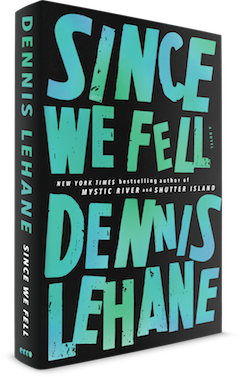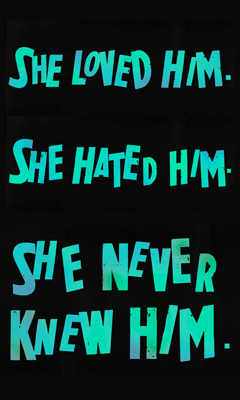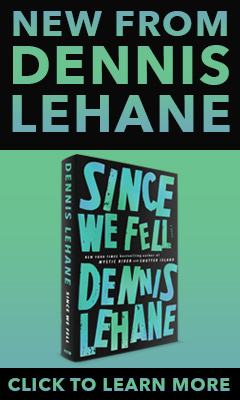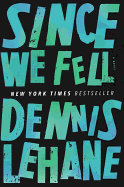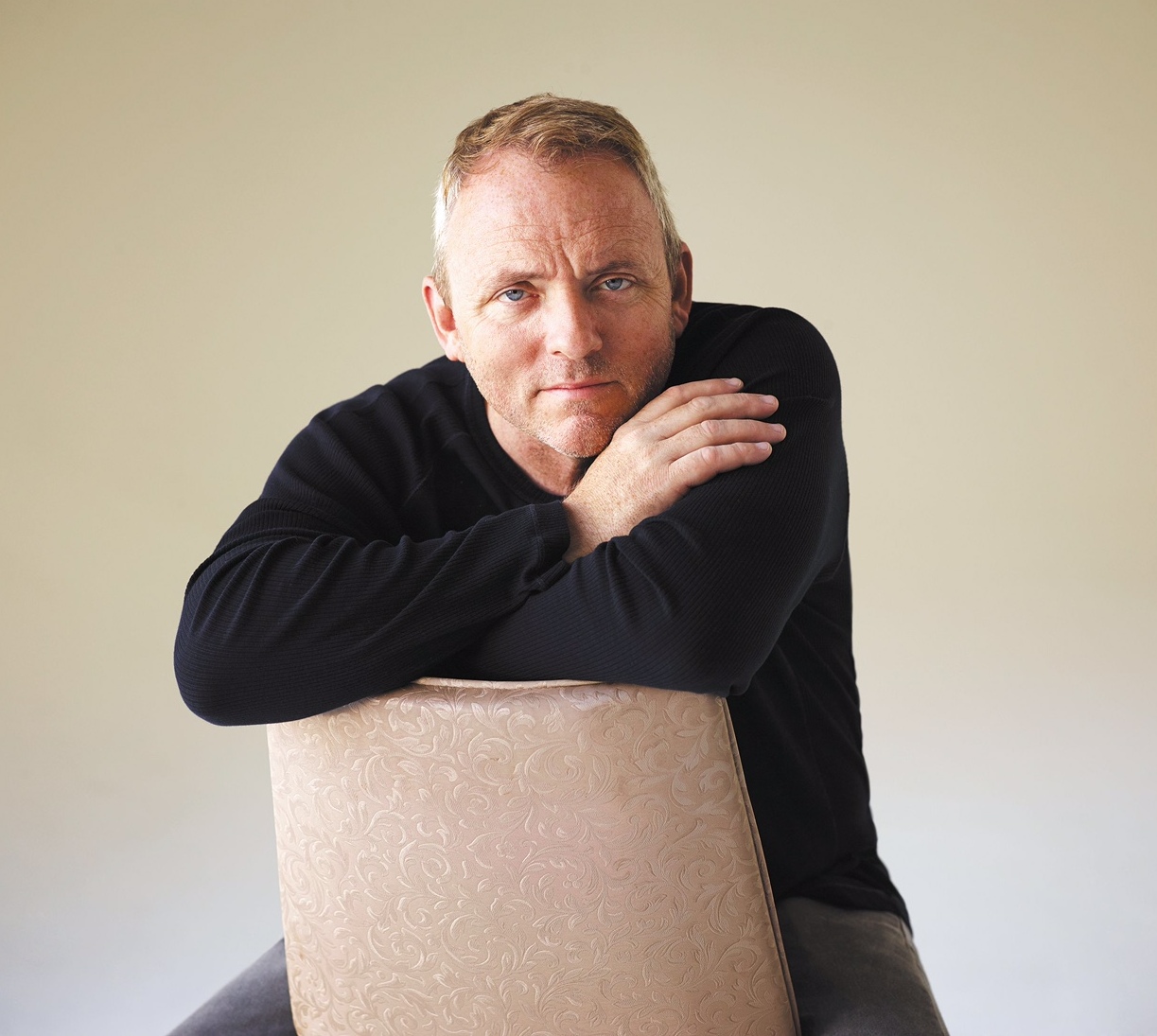Since We Fell
by Dennis Lehane
After wrapping up his historical trilogy featuring Joe Coughlin, Dennis Lehane returns to modern times with a new protagonist in the engrossing psychological thriller Since We Fell.
As a TV news reporter, Rachel Childs is always digging for truth. But she started doing that long before she embarked on her career. For most of her life, Rachel has been searching for her father. All she can remember about him is that his name was James and he left before Rachel was three years old. Her mother, Elizabeth, said to him, "If you go out that door, I will expunge you." And expunge him she did, not only from her life, but from Rachel's as well. "He’s gone.... Now we won't speak of him again," Elizabeth says. But of course, questions linger for Rachel.
Part one of Since We Fell skillfully details Rachel's childhood and early adulthood as she strives to establish her identity in the shadow of her famous-author mother, and to track down her absent father. The paucity of information about his identity makes her search difficult enough, but her quest becomes almost impossible when her mother dies while Rachel is in college. "Elizabeth may have been unwilling to provide that answer [regarding the identity of Rachel's father], but she had unquestionably been in possession of it. Now, possibly no one was."
Nevertheless, Rachel persists, and Lehane expertly ensures that readers stay with her. After a private investigator refuses to take her case, Rachel's own search takes her in unexpected directions. She meets people who may or may not be related to her by blood, but with whom she forms relationships that might be considered familial. She has a blooming career. She gets married. Does she finally have the life she's always wanted? Readers familiar with Lehane's work will know his characters wouldn't have it that easy.
In part two of Since We Fell, Rachel has had a major career setback after a disastrous on-air incident and is now almost a shut-in, suffering from panic attacks. The one bright note is her incredibly supportive husband, who tells her: "We live in a world of disposable memory. Nothing's built to last, not even shame." She can't believe her luck, having such an understanding spouse. Until one day, she sees something that throws into question everything she knows about him. Her reporter's instincts start buzzing. But how can she start investigating her own husband without his knowledge--and without leaving the house?
Rachel fights through her fear and ventures into the world in the final third of the book. The action kicks into high gear as Rachel gets caught up in life-threatening situations while she tries to find out who her husband really is and what dangerous game he's playing. There's also the possibility her fragile mind is playing tricks on her. As with Lehane's Shutter Island, readers will at times wonder what's real or imaginary, sane vs. paranoid.
But Lehane isn't retreading familiar territory. Since We Fell is different from anything he's done. His protagonist this time around is a well-educated, white-collar woman instead of a working-class male. The author has no trouble depicting her complex inner life, however, slipping smoothly into her psyche as she searches for her father and, more importantly, a place where she belongs in the world. When she encounters one dead end after another, her crushing disappointment resonates. Her panic attacks are viscerally described, such as in this scene while she's driving: "The other cars raced and revved and swarmed. They engulfed her, stabbing at the air, surging and stabbing and breaking, red taillights flashing like furious eyes."
Rachel isn't the only woman Lehane draws with distinction. Elizabeth is such a towering character, her presence looms large even after her death. Her past is full of mysteries perhaps deserving a book of their own.
Lehane is also very good at showing instead of telling. Witness this exchange between Rachel and her first husband before she leaves to cover a story in Haiti: " 'I’ll miss you.' She couldn't wait to get on the plane. 'Miss you too,' he said as he stared into the refrigerator."
Since We Fell (a riff on the title of the classic song "Since I Fell for You" originally recorded by Lenny Welch) is like having two books for the price of one: the first part is a character study, with lyrical descriptions such as someone having the "sudden, uncertain smile of a man who had... been conditioned to ask for permission before he expressed joy." The second half is amped-up action thriller and the prose becomes razor sharp: a woman has skin "stretched so tight against her face it gave her the unfortunate look of someone who'd been struck by lightning during an orgasm."
Lehane guides readers through it all with an assured hand, keeping us in the dark but constantly engaged. While love does bring misery and pain, like the song says, Rachel also finds light in unexpected places. --Elyse Dinh-McCrillis



